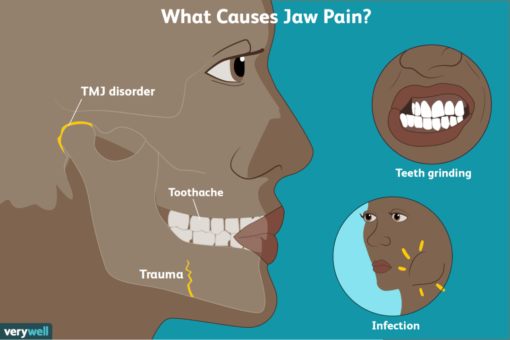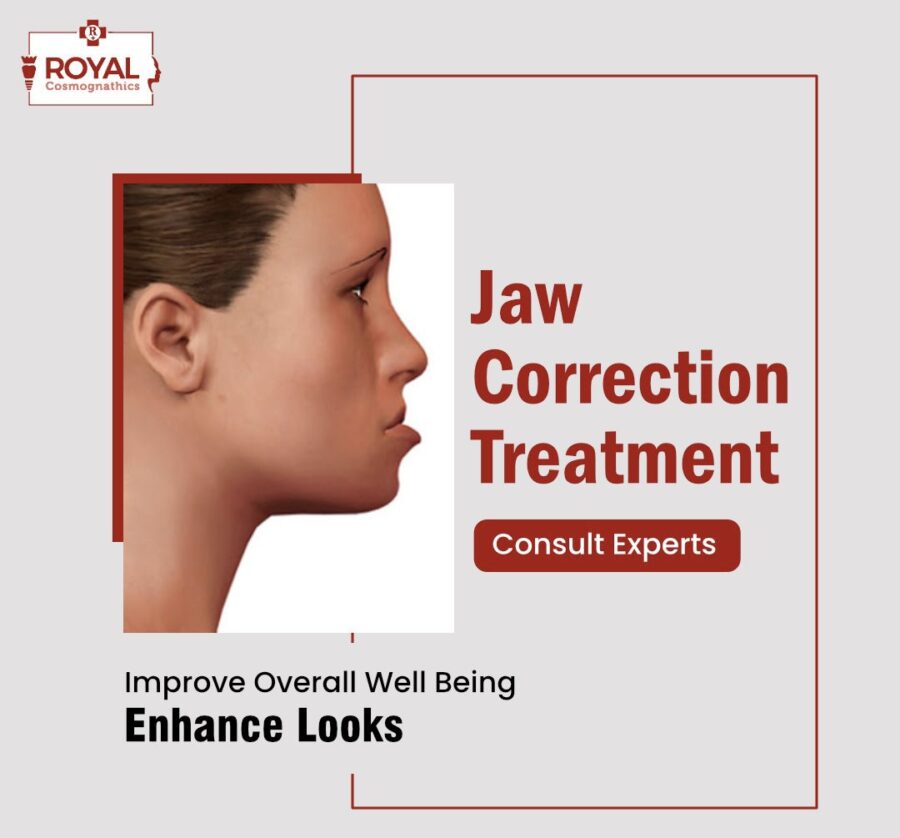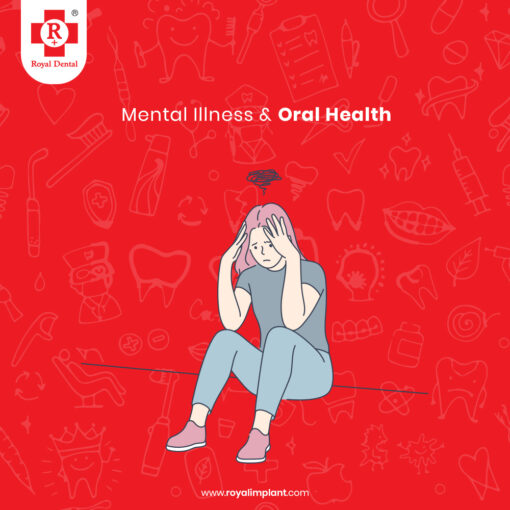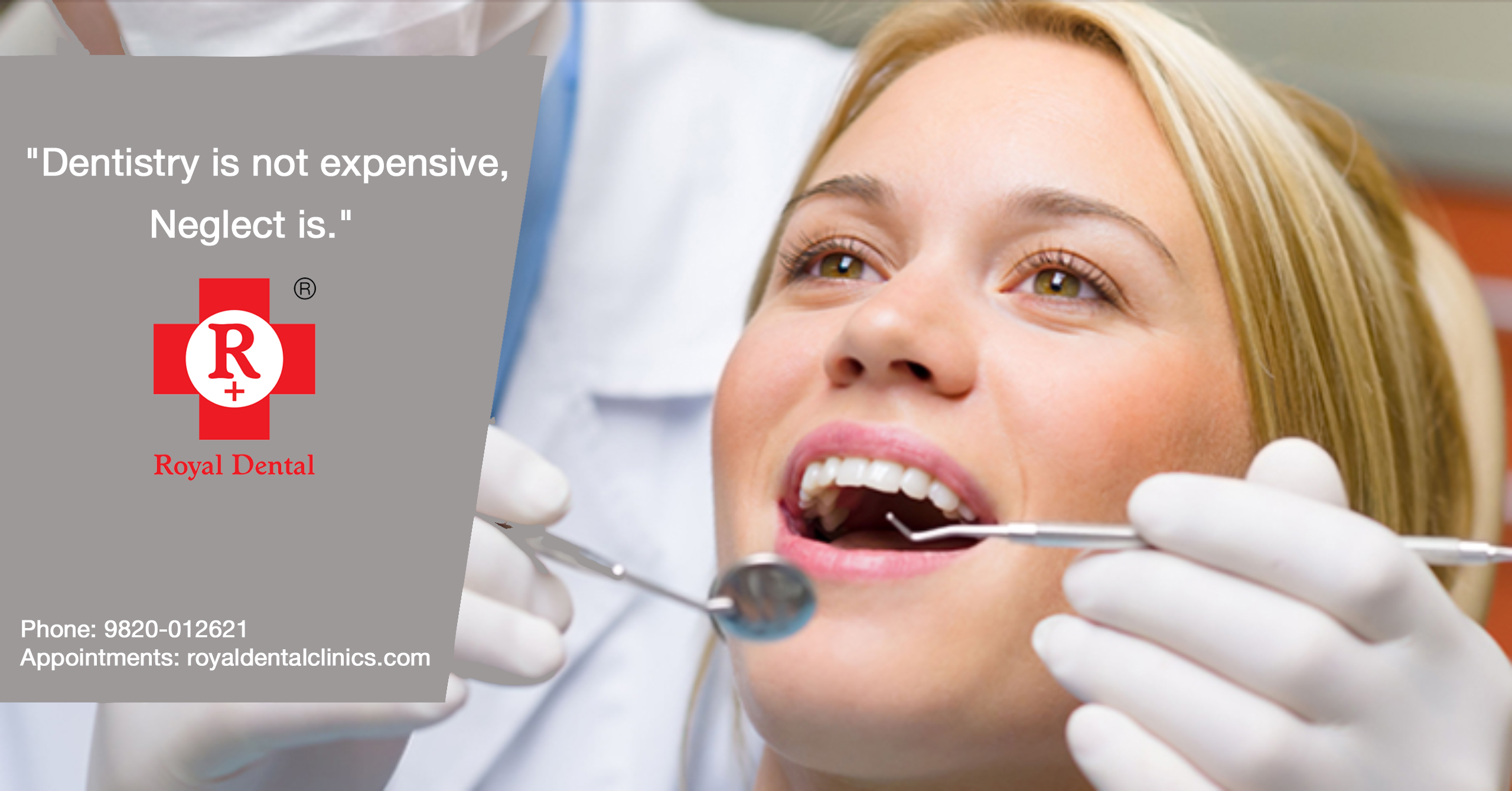Time, stress, and everyday jaw movement from talking, eating, and laughing can take a toll on the temporomandibular joint (TMJ) and cause TMJ issues. As we get older, our risk of developing TMJ increases. Many people begin to experience pain or difficulty chewing as they age. But why does this happen? The reasons why TMJ issues get worse with age and what to do about it are in this blog post. Read on to find out more information about the causes of TMJ problems as you get older, their symptoms, and how you can avoid them in the future.
It is interesting that most studies have shown that self-reported TMJ pain decreases with advancing age, whereas the radiographic signs of TMJ degeneration increase with advancing age.
TMJ Issue gets more aggravated with age
Temporomandibular joint issues can get worse with age because we naturally lose bone density as we age. This means that the jaw joint loses some of its support strength, which can lead to TMJ problems. Ageing also causes the muscles in the face, neck, and jaw to weaken, which can lead to TMJ issues.

A weakened jaw can be caused by a loss of muscle mass around the jaw. This can make it difficult to chew, speak, and maintain proper jaw alignment. Additionally, the joint surfaces of the TMJ may also become less smooth, which can lead to TMJ issues.
Reasons why TMJ issue gets worse as we grow
The tissues in your jaw become less elastic. As we age, our tissues become less elastic, resulting in a less flexible jaw joint.
The jaw joint may lose its shape and alignment as we age. A decrease in the muscle around the jaw can cause the joint to weaken, which can lead to misalignment of the TMJ.

A weakened jaw can be caused by a loss of muscle mass around the jaw. This can make it difficult to chew, speak, and maintain proper jaw alignment.
The muscles surrounding the jaw joint can become weak. As we age, our muscles often become weaker, which can make it difficult to keep the TMJ in alignment.
Our teeth become less healthy and more fragile as we age. Our teeth can become less healthy and more brittle as we age, which can make them more susceptible to damage.
Temporomandibular joint disease, or TMJ, is a complex condition that often worsens over time. Typically caused by the misalignment of the teeth, TMJ can erode the joint capsule between the skull and the jawbone. It is tricky to diagnose, and some people suffer for years.
Possible Causes of TMJ Issue with age
A decrease in the amount of oestrogen: Decreases in the amount of oestrogen in women can decrease the elasticity of the jaw joint, which can cause TMJ issues.
An increase in stress: Stress can negatively affect the muscles around the jaw joint and cause TMJ issues.
Decreased saliva production: A decrease in saliva production can lead to a reduction in saliva’s buffering properties and make the jaw joint more susceptible to damage.
A decrease in bone density: A decrease in bone density can cause the jaw joint to weaken and become more susceptible to damage.
A change in the shape of the face: A change in the shape of the face can cause misalignment of the TMJ.
When you have a TMJ disorder, you may have pain in your jaw joint and in the muscles that control jaw movement. More women than men have TMJ issues. Although you can get it at any age, but it’s most common between the ages of 20 to 40 years old.
3 Age-related changes that cause TMJ issue
- An increase in the amount of stress: Stress is a major contributor to TMJ issues as we age.
- A decrease in saliva production can lead to an increase in gum inflammation and make you more susceptible to tooth decay.
- A change in weight and diet: Eating a healthy diet can help reduce TMJ issues. A weight change can also contribute to TMJ problems.

Not managing stress: Stress can worsen TMJ issues by increasing muscle tension around the jaw.
3 Steps To Take Care of Your Temporomandibular Joint
- Practice good stress management: Stress can worsen TMJ issues, so it’s important to learn to manage your stress levels.
- Get regular dental checkups: Visiting your dentist regularly can help catch any potential dental issues that may worsen TMJ issues.
- Eat a healthy diet: A healthy diet can help reduce TMJ issues by reducing inflammation in the jaw.
Conclusion
There are several reasons why TMJ issues get worse with age, including a decrease in bone density and a decrease in the amount of oestrogen. It’s important to take care of your TMJ as you age by managing your stress levels and eating a healthy diet. You can also visit your dentist for regular checkups to catch any potential dental issues that could worsen TMJ problems.

Not maintaining a healthy diet: Eating a healthy diet can help prevent TMJ issues by reducing inflammation in the jaw.






